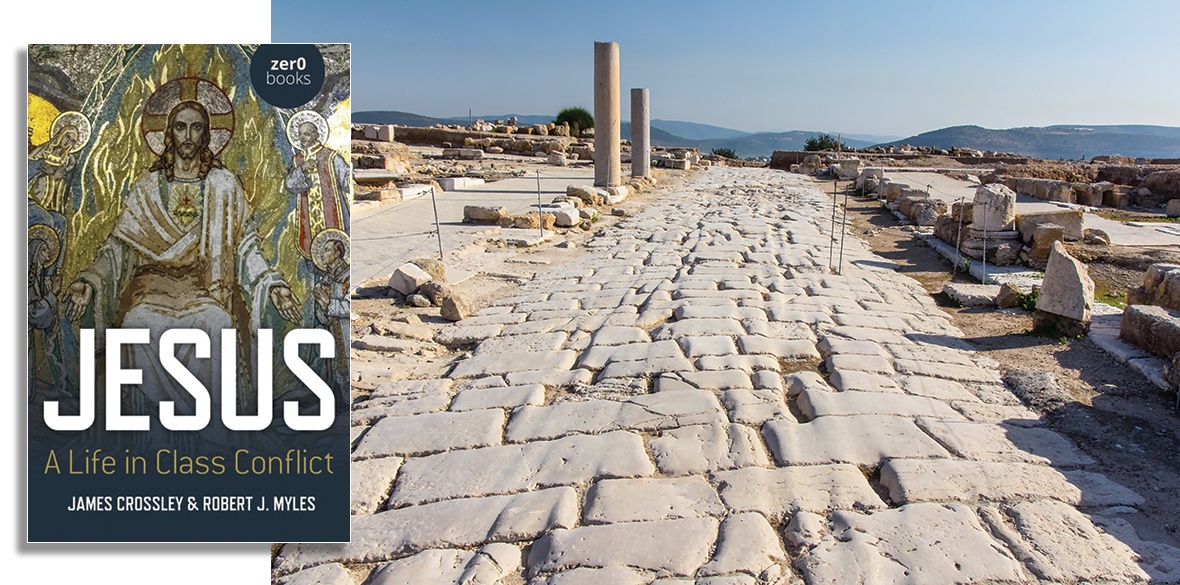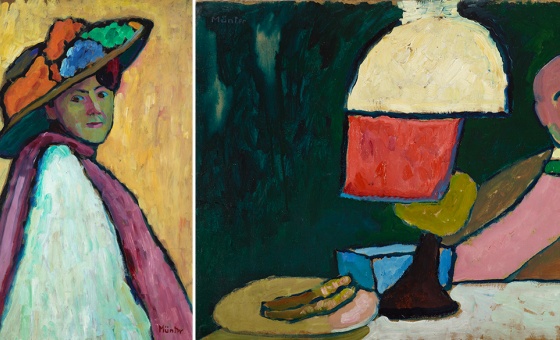This is the last article you can read this month
You can read more article this month
You can read more articles this month
Sorry your limit is up for this month
Reset on:
Please help support the Morning Star by subscribing here
Jesus: A Life in Class Conflict,
by James Crossley and Robert J Myles, Zer0 Books, £19.99
JESUS: A Life in Class Conflict provides an important refocusing and reprioritising of earlier Scriptural studies as seen through the lens of historical materialist analysis.
Although containing little original research, authors James Crossley and Robert J Myles have painstakingly examined many of the mainstream interpretations of the life, teachings and execution of Jesus.
They have found most to be wanting, if not serious distortions predicated upon the writers’ own contemporary class interests, including revered Biblical scholars such as EP Sanders.
From the outset, this book seeks to place the “Jesus Movement” within its wider economic and social context. In so doing, the authors speedily debunk the Great Man myth and demonstrate the large number of similar grouplets in a Palestine that was being convulsed by serious dislocations.
Crossley and Myles locate Jesus’s class position as that of a tekton. Being born and raised in this artisan rural working stratum, Jesus and his immediate family would have felt the full force of the economic dislocations and displacements caused by the massive Herodian building schemes at Sepphoris and Tiberias.
For some in Galilee, these grandiose projects, constructed in part to solidify the status of the comprador bourgeoisie of their day, resulted in great wealth and an enhanced social standing.
For the rural poor, it meant family and community ruptures and frequently impoverishment.
For many young men of the time, there were only two realistic responses: banditry or hitching themselves to a prophetic itinerant movement.
The authors maintain that Jesus’s actions and teachings, even after being given a considerable makeover by the Gospel writers, were informed as much by this agrarian realism, as the prevailing Jewish religious expectations and practices.
This combination produced a millenarianism that was both ideologically focused on right behaviours, and adroitly pragmatic enough to embark on a sustained “mission to the rich” to swell its numbers and financing.
Some readers may be irritated by the retro-fitting of 19th century language to a first century setting (the Twelve Disciples are referred to as the Jesus Movement’s Politburo, and the desired millenarian outcome as a Dictatorship of the Peasantry, for instance).
Others may find this is one of the work’s greatest achievements in that it shatters a number of lazy liberal assumptions about Jesus which strive anachronistically to restrict him to the role of a soixante-huitard hippy.
Sometimes, Crossley and Myles try too hard in their debunking mission. The claims of hyper or “servant” masculinity and the downgrading of the Movement’s radical inclusion of women needs far more substance to stand up than they provide here.
That said, the authors do reinforce more traditional interpretations in other regards, including the self-awareness of Jesus that the trajectory of his life would lead to a challenge to the religious and military authorities in Jerusalem.
At a time when Marxists and people of faith continue to treat each other’s core texts with contempt or suspicion, Jesus: A Life in Class Conflict is a timely and welcome study. May it be the first of a revived genre.










